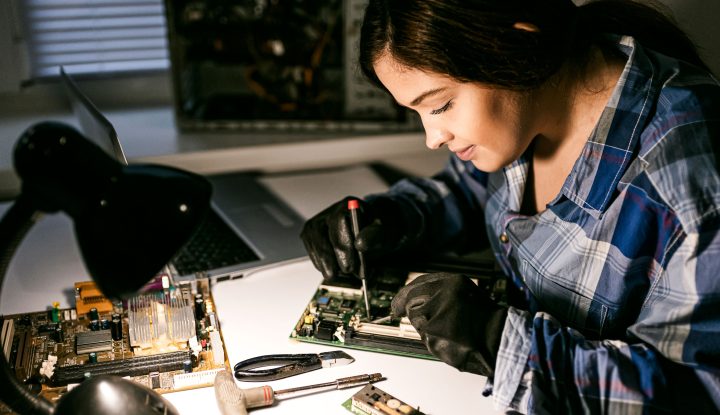The second part of the question – why inclusivity – well, inclusive teams were 10 times more productive than their non-inclusive counterparts with a lesser likelihood of workers being harassed at work, more likely to have higher job satisfaction, and nine times more likely to innovate.As you dwell deep, you find a plethora of information around this topic, but you would agree that each of us has our own unique personal experiences around this topic. And that’s where I thought of sharing some factors that helped me or shall I say “are helping me” continue to learn and be more intelligible about inclusivity.
Inclusivity begins with ‘I’
Why consider inclusivity? Well, inclusive teams were 10 times more productive than their non-inclusive counterparts with a lesser likelihood of workers being harassed at work, more likely to have higher job satisfaction, and nine times more likely to innovate.
You are “dis-ti-mi-mating!” (read discriminating), my little boy said, “cause you didn’t ask me!
I was aghast at that remark. The discussion was for the kind of curtains we may want in the kids’ room and I took turns asking my elder son and my husband but missed my younger one.
I realized, yes, no matter how small, life is an ongoing learning process. Preoccupied, casual, did not mean to, I know what you would say – none of the excuses worked. I had committed the sin of discrimination and left him out. In other words, I was not being “inclusive”.
Having spent nearly two decades working with a few organizations, I have seen many ideas floating around on how we encourage inclusivity. But first things first – what is inclusivity or an inclusive workplace, and why is it important? What’s so special about it?
Google and you come across many definitions. One thing common in these – they all agree that an inclusive workplace values individual differences and makes them feel welcome and accepted.







